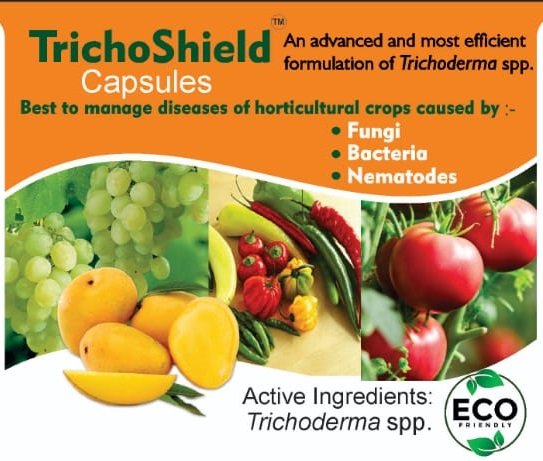In recent years, agriculture has witnessed a paradigm shift towards sustainable practices that prioritize plant health, soil fertility, and environmental stewardship. Among the arsenal of tools available to farmers, the use of beneficial microorganisms has emerged as a powerful strategy to achieve these goals. One such microorganism that has garnered significant attention is Trichoderma, renowned for its multifaceted benefits in plant disease management and soil enhancement.
Trichoderma is a naturally occurring fungus found in soil ecosystems worldwide. It is known for its remarkable ability to establish symbiotic relationships with plants, promoting growth, and conferring resistance against various pathogens. This versatile microbe acts as a biocontrol agent, suppressing the proliferation of harmful organisms such as fungi, bacteria, and nematodes through competition, parasitism, and the production of antifungal compounds.
One of the key advantages of Trichoderma lies in its effectiveness in managing plant diseases. By colonizing plant roots, Trichoderma forms a protective barrier against soil-borne pathogens, thereby reducing the incidence and severity of diseases such as damping-off, root rot, and wilt. Additionally, its secretion of enzymes such as chitinase and glucanase enables it to degrade the cell walls of pathogens, further enhancing its antagonistic activity.
Moreover, Trichoderma plays a pivotal role in enhancing soil fertility and nutrient uptake. Through its symbiotic association with plant roots, it facilitates the solubilization and mineralization of essential nutrients, making them more readily available for plant absorption. This not only improves nutrient uptake efficiency but also promotes healthier root development and overall plant vigor. Furthermore, Trichoderma contributes to the decomposition of organic matter, releasing valuable nutrients and organic compounds into the soil, thus enriching its nutrient profile and enhancing its structure and moisture-retention capacity.

In the realm of sustainable agriculture, Trichoderma-based products have emerged as a game-changer, offering a natural and eco-friendly solution to plant disease management and soil fertility enhancement. Among these products, TrichoShield stands out as a pioneering bioencapsulated formulation developed by TrichoShield Pakistan.
TrichoShield harnesses the power of Trichoderma in a concentrated and convenient form, encapsulated to ensure maximum viability and efficacy. Its unique formulation allows for targeted application, delivering a potent dose of beneficial microorganisms directly to the root zone, where they can establish and proliferate rapidly. This results in long-lasting protection against a wide range of plant pathogens, promoting healthier and more resilient crops throughout the growing season.
Furthermore, TrichoShield’s bioencapsulated technology enhances the shelf life and stability of Trichoderma, ensuring consistent performance under various environmental conditions. Its user-friendly application makes it suitable for a wide range of crops and farming systems, from smallholder farms to large-scale commercial operations.
In conclusion, the utilization of Trichoderma in agriculture represents a sustainable and effective approach to plant disease management and soil fertility enhancement. With its ability to suppress pathogens, improve nutrient availability, and promote plant growth, Trichoderma offers immense benefits for farmers striving to achieve higher yields and healthier crops while minimizing reliance on chemical inputs. TrichoShield, as a leading Trichoderma-based product, exemplifies the potential of bioencapsulated technologies in revolutionizing modern agriculture towards a more sustainable and resilient future.
